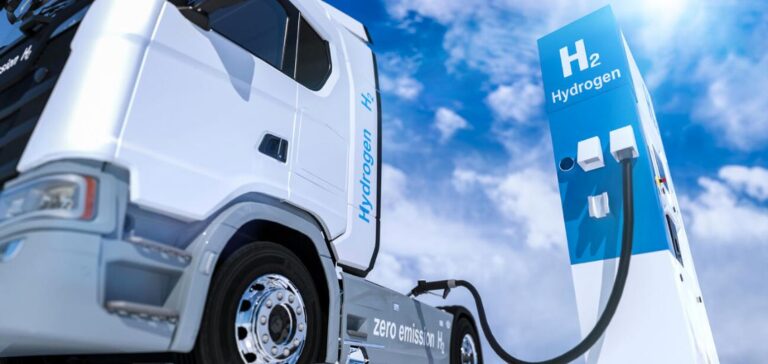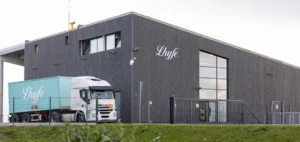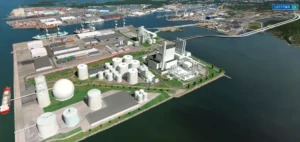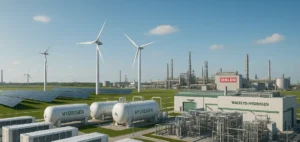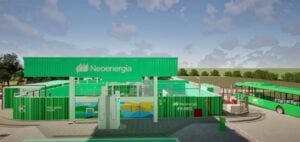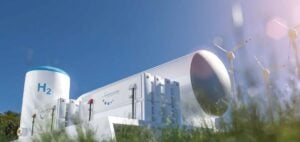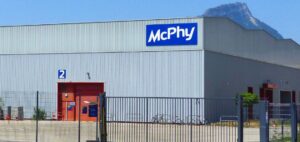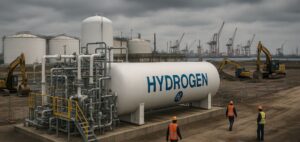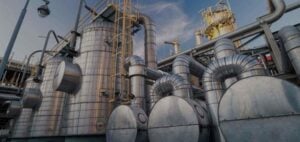In Canada, in the province of Quebec, First Hydrogen Corp is looking to develop its first renewable hydrogen eco-system.
Decarbonizing the economy
In Canada, in Quebec, after conducting several evaluations, First Hydrogen decided to launch its renewable hydrogen program. This strategy is in line with the “Plan for a Green Economy” and the “Quebec Renewable Hydrogen and Bioenergy Strategy 2030.” Both initiatives seek to reduce the use of fossil fuels.
First Hydrogen is both developing its local production of renewable hydrogen in Quebec. In addition, the company ensures the assembly of zero-emission commercial vehicles. The production capacity could reach up to 50MW thanks to an advanced electrolysis technology.
The hydrogen distributed in the Montreal-Quebec City corridor will be used to power light commercial vehicles (LCVs). The first LCVs will be assembled in Shawinigan and distributed in North America. A special offer is being developed for this occasion, the company’s Hydrogen-in-tant-que-service product offer.
A regional project
The First Hydrogen Corp. plant will produce about 25,000 vehicles per year when fully operational. This facility will also support the regional economy by employing in renewable technologies. In addition, in the coming weeks, it will unveil its brand new hydrogen fuel cell light commercial vehicle.
In addition, the province of Quebec appears to be a good location for First Hydrogen to develop its projects. It is developing economic policies and programs that favor renewable energy. The project will therefore be supported by the federal government’s announcements of renewable hydrogen and low carbon fuel initiatives.
Rob Campbell, CEO, Energy of First Hydrogen, states:
“Shawinigan, Quebec, is an ideal location for First Hydrogen to establish its first North American milestone. The first hydroelectric company in Quebec was established here in 1898 and Shawinigan has a long history of collaboration between energy and industrial companies. The city and region are very well positioned with its green energy resources, industrial community and growing green energy economy.”
The electric vehicle market is growing rapidly and will allow the company to move forward. Engineering studies will begin in early 2023.

